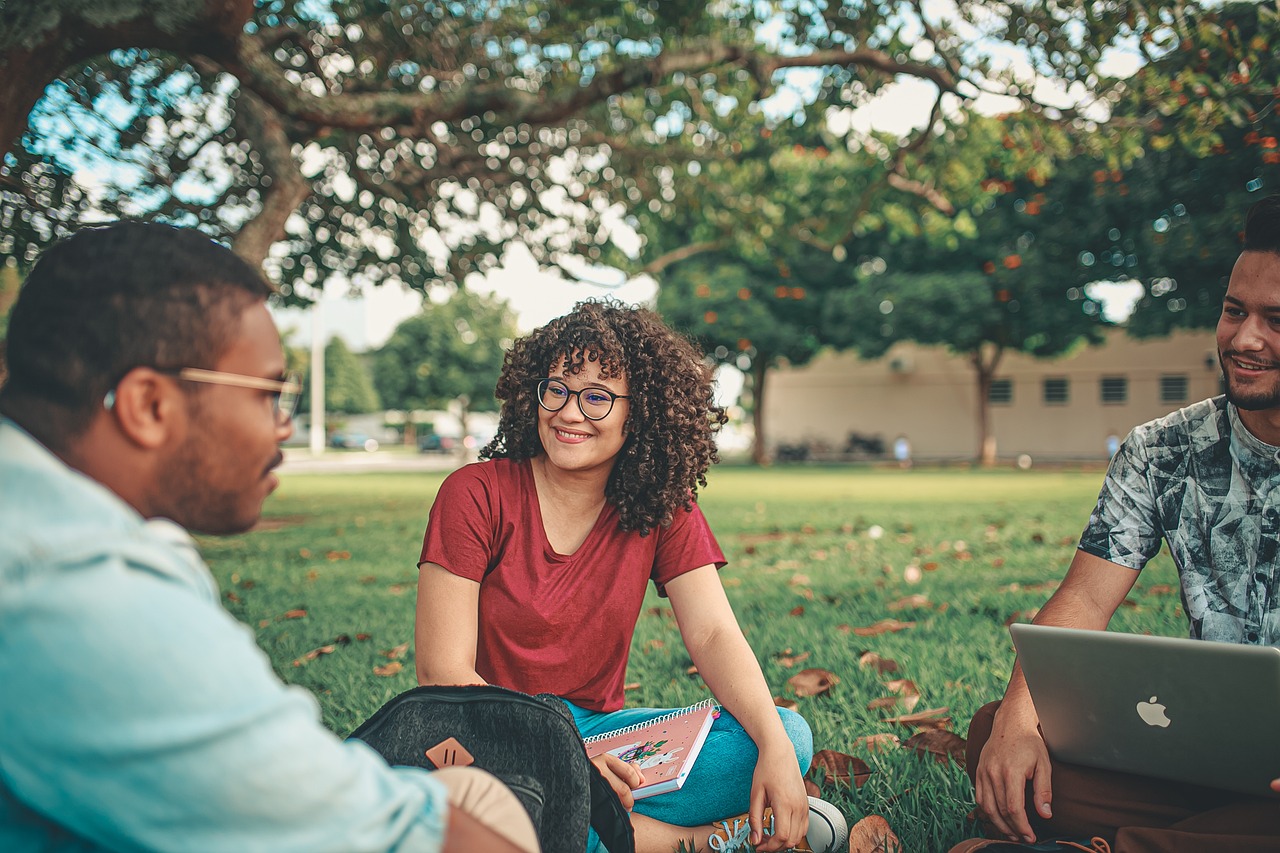Divine Influence on Mortals
Answer each of these questions. The reading is attached below.
Gods and Humans: What is the relationship between gods and humans in this text so far? What does the debate between Athena and Zeus reveal about the gods’ attitudes toward humans, and vice versa? What do various human characters say about the gods?
Check out our Essay writing services
- Divine Influence on Mortals
- Specifically, what do the characteristics and actions of the gods as portrayed in the text (favoring some people and punishing others; messing around with each other; plotting revenge and playing out rivalries, etc.) reveals about the Greeks’ attempt to explain their own flaws and the sufferings of human beings (including concrete events such as earthquakes, storms, sickness/disease, death)?
Question 2: GODS AND HUMANS
One of the main subjects of the Odyssey is the relationship between gods and humans, specifically the treatment of humans by the gods and the justice of the gods’ actions. Two gods’ and their relationship to Odysseys in particular stand out—Poseidon and Athena. Pick one of them for your response.
- Why does Poseidon punish them for their assistance to O? Is the whole lesson that no good deed goes unpunished? Are the Greek gods just unusually cruel, or what does this story try to explain about human experience (even if the explanation is not satisfying)?
- Analyze the constant back and forth between Athena and Odysseus: What does this say about the gods’ behavior toward humans and what does it say about humans? About their relationship?
-
Question 1: GODS AND HUMANS
In The Odyssey, the relationship between gods and humans is one of imbalance, favor, punishment, and manipulation. The gods are not distant or detached figures—they are actively involved in human lives, sometimes helping, sometimes harming, based on personal preference, grudges, or rivalries. The debate between Athena and Zeus at the beginning of The Odyssey reveals that even among the gods, there is disagreement over how to treat mortals. Athena argues for Odysseus’s return home, believing he has suffered enough, while Zeus acknowledges that Odysseus is wise and noble, but reminds her that Poseidon is angry over the blinding of his son, Polyphemus.
This conversation shows that the gods have their own biases and personalities, and their decisions are not always based on human morality or fairness. Instead, they act based on their feelings, loyalties, and divine pride. Humans, in turn, often fear or try to appease the gods. Many characters in the poem, such as Nestor, Menelaus, and Telemachus, speak of the gods with reverence and




